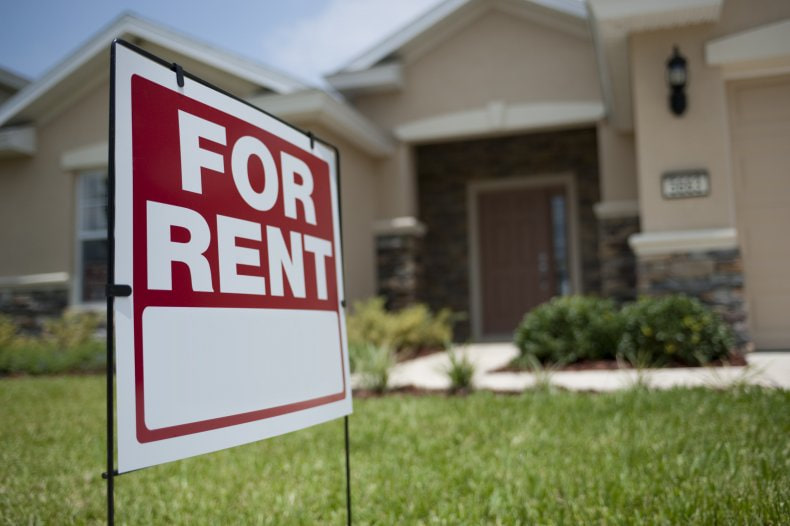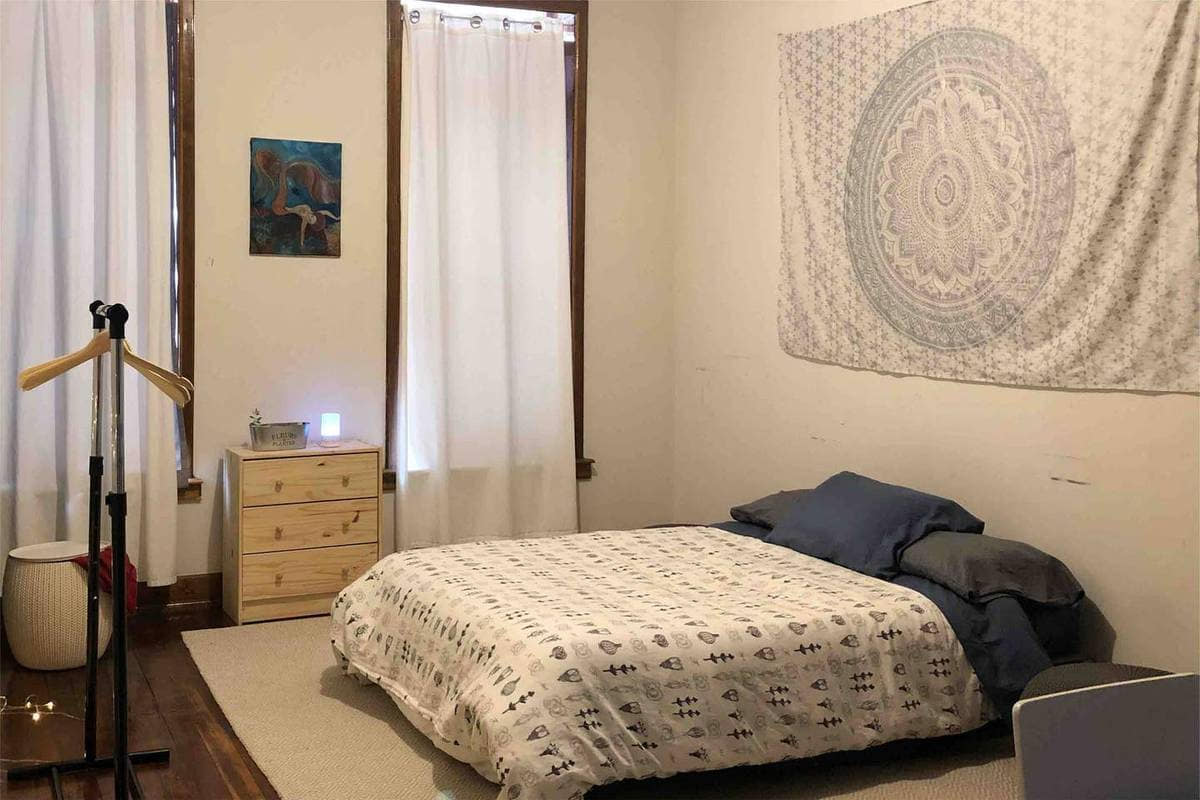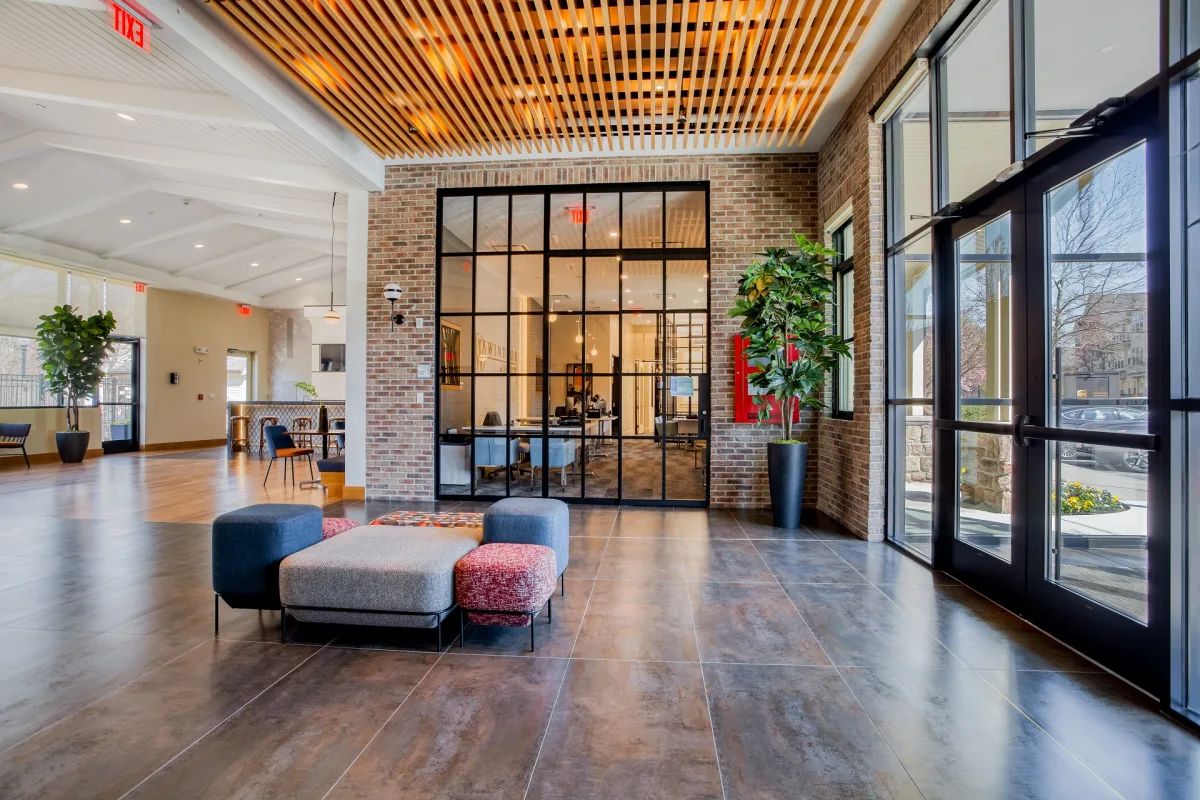As a tenant, you want to enjoy privacy and autonomy in your home. However, landlords also have legal rights to inspect their rental properties under certain conditions. It is important for both landlords and tenants to understand inspection rights and responsibilities.
In this article, we will explain a tenant's ability to refuse a landlord inspection.
Can I refuse a landlord inspection?
Yes, you can refuse a landlord inspection under certain circumstances. A landlord is usually required to provide notice and obtain your consent before conducting an inspection. If the inspection request is unreasonable or violates your privacy rights, you may be able to decline it.
However, landlords do have a legal right to access the property to conduct maintenance, repairs, or inspections of common areas.
Under what conditions can a landlord inspect a rental property?

Generally, landlords can inspect in the case of emergencies like fires or floods. They can also enter to perform scheduled maintenance or repairs. Landlords may need access if a tenant requests assistance as well. Common areas like hallways and parking lots can also be inspected.
All non-emergency inspections require reasonable notice as outlined in laws or the lease, usually 24-48 hours. Inspections also cannot be excessive and should generally not occur more than once every three months.
Related: Can Landlord Let Police Into My Apartment?
What notice is a landlord required to give before an inspection?
The landlord must provide notice, either verbally or in writing, before conducting an inspection. The exact required notice period varies by state and local laws as well as the rental agreement. However, most states mandate at least 24 hours of notice in writing or by email.
Verbal notice may also be allowed in some jurisdictions but should be documented. Proper notice gives tenants preparation time and ensures privacy and consent standards are met.
What are the legal grounds for refusing a landlord inspection?
Tenants can refuse inspections that are unreasonable or breach privacy. For example, if the landlord requests access without cause or does not give adequate notice, the inspection can be denied. Personal living spaces also generally cannot be inspected without permission.
Tenants should inform the landlord politely but firmly of the specific reason for refusal. Proper refusal protects tenant rights while maintaining open communication.
How much notice should a tenant provide before refusing an inspection?
Tenants considering refusal should check their lease and local statutes for guidance. Often, tenants must notify landlords in writing at least 24 hours before the scheduled inspection time if consent is being withheld.
Advance warning allows landlords to reschedule appropriately and avoids conflict. Even if inspection standards seem unmet, tenants should respond respectfully and through proper legal channels.
What are the potential consequences of refusing an inspection?
While tenants can refuse, there may be risks. Landlords could withhold a security deposit or decline lease renewal citing denied access. Legal action is also possible if the tenant's basis for refusal does not align with the lease or statute.
However, appropriately denying unlawful or unreasonable requests protects rights without significant risk. Open communication and compliance with laws and agreements help avoid negative consequences.
Conclusion
Tenants do have a legal right to refuse landlords under the right conditions. However, both parties must understand inspection policies outlined in the rental agreement and local housing codes. With proper notice and logical cause for refusal explained respectfully, tenants can preserve their privacy while landlords retain lawful access.
When disputes occur, seeking third-party counsel or mediation helps resolve issues fairly for all involved.





